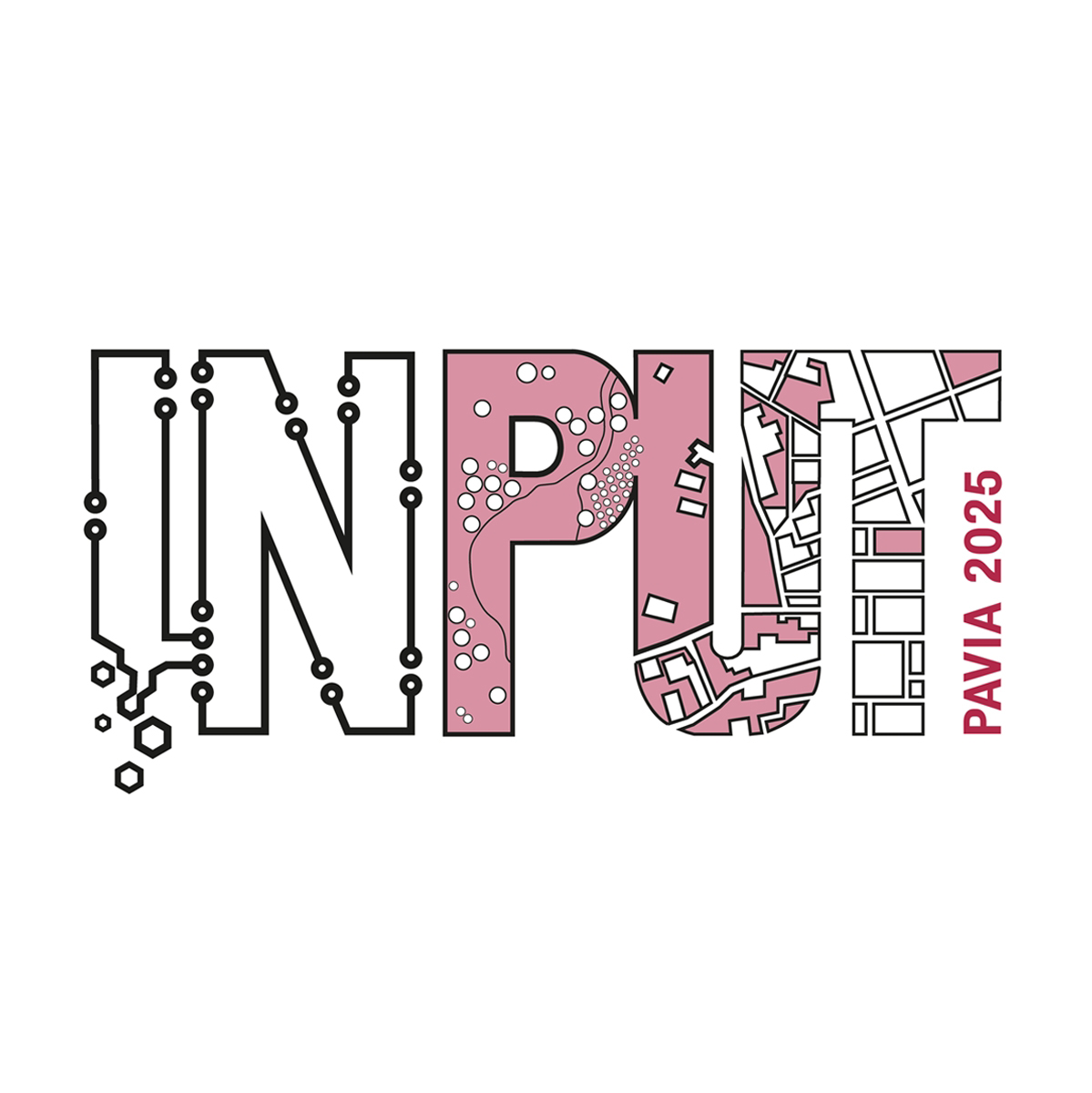New Simulation Methods and Models
INPUT 2025 Scientific Committee
The concept of a model, defined as a theoretical framework designed to represent the fundamental elements of one or more phenomena, is inherent in urban planning and numerous scientific and humanistic disciplines. Urban planning originates and evolves through identifying city models – multidisciplinary, analytical, and predictive frameworks for future scenarios applied to heterogeneous territorial systems.
The most suitable contemporary approach to modeling is simulation, understood as the artificial reproduction of a natural process or a complex situation. In urban and regional planning, as well as in urban studies, the primary focus is on examining the functioning of causal and non-causal relationships within urban phenomena. In its contemporary sense, a model is not a unified or holistic tool but rather a support for the construction of future scenarios. It does not rely on the mere replication – potentially serial – of repeatable prototypes.
A crucial cultural shift – initiated approximately sixty years ago and still ongoing – has redefined the model as a means of generating urban knowledge rather than merely a tool for data processing or the quantitative and qualitative control of urban phenomena.
As computational and visualization capabilities have advanced, models have become increasingly interwoven with new analytical and predictive methodologies. This continuous development reveals at least three key factors: (i) new challenges – the need to understand and manage big scale metropolitan areas as well as small scale neighborhoods; (ii) new theoretical advancements – the simultaneous development of a robust body of theories capable of addressing these emerging challenges; and (iii) new computational tools – the increasing availability of IoT technologies and their computational power, which has enabled the operational application of these theories through numerical solutions.
In this session, contributors are invited to explore these three dimensions by answering, for example, the following questions:
- Which are the new theoretical approaches that ensure the reliability of simulation models?
- In which best practices can we have evidence that the use of new methods and models facilitated the decision-making process in recent time and history?
- Which are possible future scenarios for the application of emerging methodologies and models according to the new technological advance?
- Which are the critical perspectives that cause distress to the theoretical framework to which simulation refers?
Keywords: methods and models, emerging technologies, data management, analysis and forecasting, new urban knowledge
